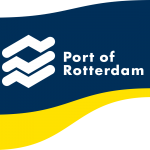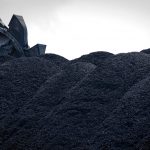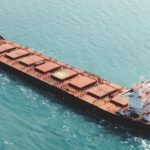Seven isles-based projects will benefit from the investment – including a Scalloway fisher who will use the support to secure a vessel and enter the industry.
Meanwhile, grants will go to Blueshell Mussels in Brae to enhance its mussel-growing process and to Cooke Aquaculture to trial an innovative water-borne feeding system.
A total of 67 projects in the marine industries and coastal communities are being supported across the country in 2024/25.
The announcement is being made by First Minister John Swinney during his visit to the isles today, with payments available from the latest round of Marine Fund Scotland.
During his visit Mr Swinney will tour Lerwick’s fish auction and meet representatives from the Shetland Fishermen’s Association. He will later attend the Convention of the Highlands and Islands.
Mr Swinney said: “Our island and coastal communities and the marine industries based here make a huge contribution to Scotland – not just to our economy but also to our efforts to drive innovation and sustainability.
“I’m very pleased, therefore, to be here in Shetland to confirm these awards to a wide range of projects, all of which have demonstrated that they will help to drive innovation in the marine sector and help sustain coastal communities.
“Over the last four years, Marine Fund Scotland has supported hundreds of pioneering projects that are already contributing to building prosperity whilst at the same time protecting the planet.”
The First Minister is also expected to visit Scottish Sea Farms’ salmon processing facilities later, before meeting staff from Lerwick Port Authority.
David Brown, Shetland regional manager at Cooke Scotland, said: “We are grateful for the grant assistance which will enable us to trial and develop a new waterborne feed delivery method where rural communities such as Shetland can continue feeding the world with premium Scottish salmon.
“The health and welfare of our fish is a top priority and the project aims to enhance their wellbeing by encouraging the salmon to feed lower down in the pens, minimising the impact from environmental challenges and wildlife, as well as reducing our energy consumption and ensuring the durability of our feed pipes.”
Source: Shetland






